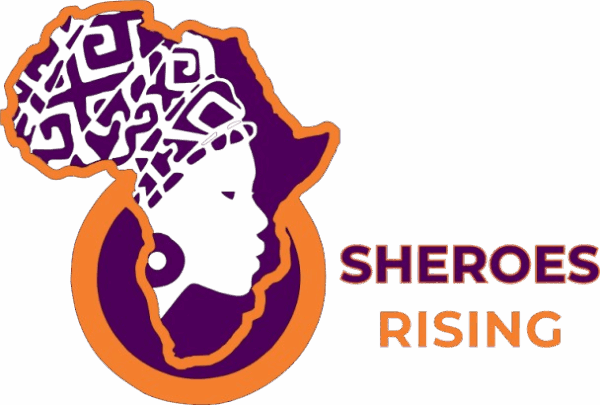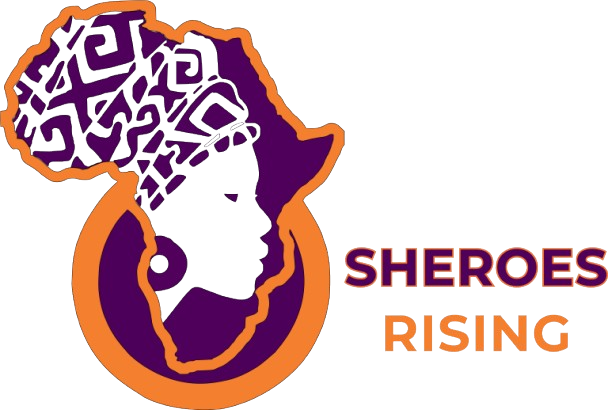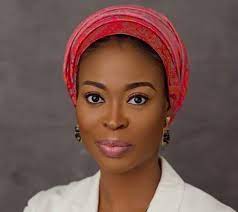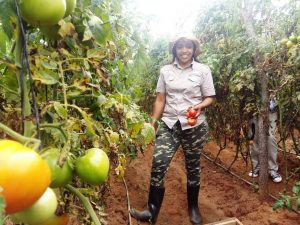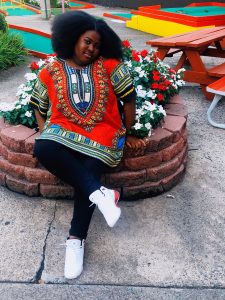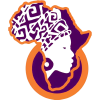Born in 1993 to a family of farmers from the ethno-religious minority Yazidi in the village of Kojo in Sinjar District, Iraq, Nadia was captured in August 2014, at the age of 19 by the Islamic State fighters ISIS.
They came down to Nadia’s community in the village and released terror killing mre than 5000 people including her six brothers and step brothers and mother. Herself and the younger ladies which inluded her sisters, cousins, nieces and over 6,700 Yazidi women were taken as prisoners and sex slaves by the Islamic State in Iraq. She was held captive in the city of Mosul, where she was beaten, burned with cigarettes, and raped numerous times.
After 3 months “in hell”, Nadia escaped ISIS after her captor left the house unlocked. She was smuggled out of Iraq and in early 2015 went as a refuge to Germany. Nadia has met with many Yazidi refugees living in camps in neighbouring countries and their stories of captivity, she says, are filled with experiences even more heinous than her own.
Nadia gave the first account of her ordeal in February 2015 to reporters of the Belgian daily newspaper, La Libre Belgique while she was staying in the Rwanga camp, living in a container. She was one of 1,000 women and children to benefit from a refugee programme of the Government of Baden-Württemburg, Germany, which is now her new home. Later that year she began to campaign to raise awareness of human trafficking.
In her autobiography published in 2017, the last girl: My Story of Captivity, and My Fight Against the Islamic State , Nadia gave a detailed description of what she went through in the hands of her captors;
“The slave market opened at night. We could hear the commotion downstairs where militants were registering and organising, and when the first man entered the room, all the girls started screaming. It was like the scene of an explosion. We moaned as though wounded, doubling over and vomiting on the floor, but none of it stopped the militants.
They paced around the room, staring at us, while we screamed and begged. They gravitated toward the most beautiful girls first, asking, “How old are you?” and examining their hair and mouths. “They are virgins, right?” they asked a guard, who nodded and said, “Of course!” like a shopkeeper taking pride in his product. Now the militants touched us anywhere they wanted, running their hands over our breasts and our legs, as if we were animals”.
Nadia’s refusal to embrace silence and not talk about the abuses she and a lot of other women have suffered is recounting her sufferings on behalf of other victims. Her work as an advocate for the Yazidis aided to bring international awareness to their predicament and to establish the passing of a U.N. resolution to create a team to investigate ISIS crimes.
In 16 December 2015, Nadia briefed the United Nations Security Council for the first time on the issue of human trafficking and conflict.
As part of her role as an ambassador, Murad will participate in global and local advocacy initiatives to bring awareness of human trafficking and refugees. Despite series of threats she has as a result of her work, Nadia is relentless. She founded Nadia’s Initiative aimed at providing advocacy and assistance to victims of genocide.
In September 2016, she was named the first Goodwill Ambassador for the Dignity of Survivors of Human trafficking of the United Nations.
Nadia and physician Denis Mukwege jointly won the Nobel Peace Prize award for their efforts to end the use of sexual violence as a weapon of war. In addition to the Nobel Peace Prize, Nadia has also been a recipient of previous awards. In 2016, she was given the Council of Europe Vaclav Havel Award for Human Rights and the Sakharov Prize for Freedom of Thought, with Lamiya Aji Bashar, another victim.
Nadia says that receiving the Noble Peace Prize has become a symbol of inspiration for women and youth not only in the region but around the world who are victims of war, violence and brutality.
She stated that it is a strong message to the militants and fundamentalists that hostility and oppression do not stand a chance before the courage and determination of the oppressed, especially the youth. In her acceptance speech, she pledged to donate all $500,000 award to the organization she founded.
At 25, Murad is the second-youngest Nobel Peace Laureate ever, after Malala Yousafazi in 2014.
